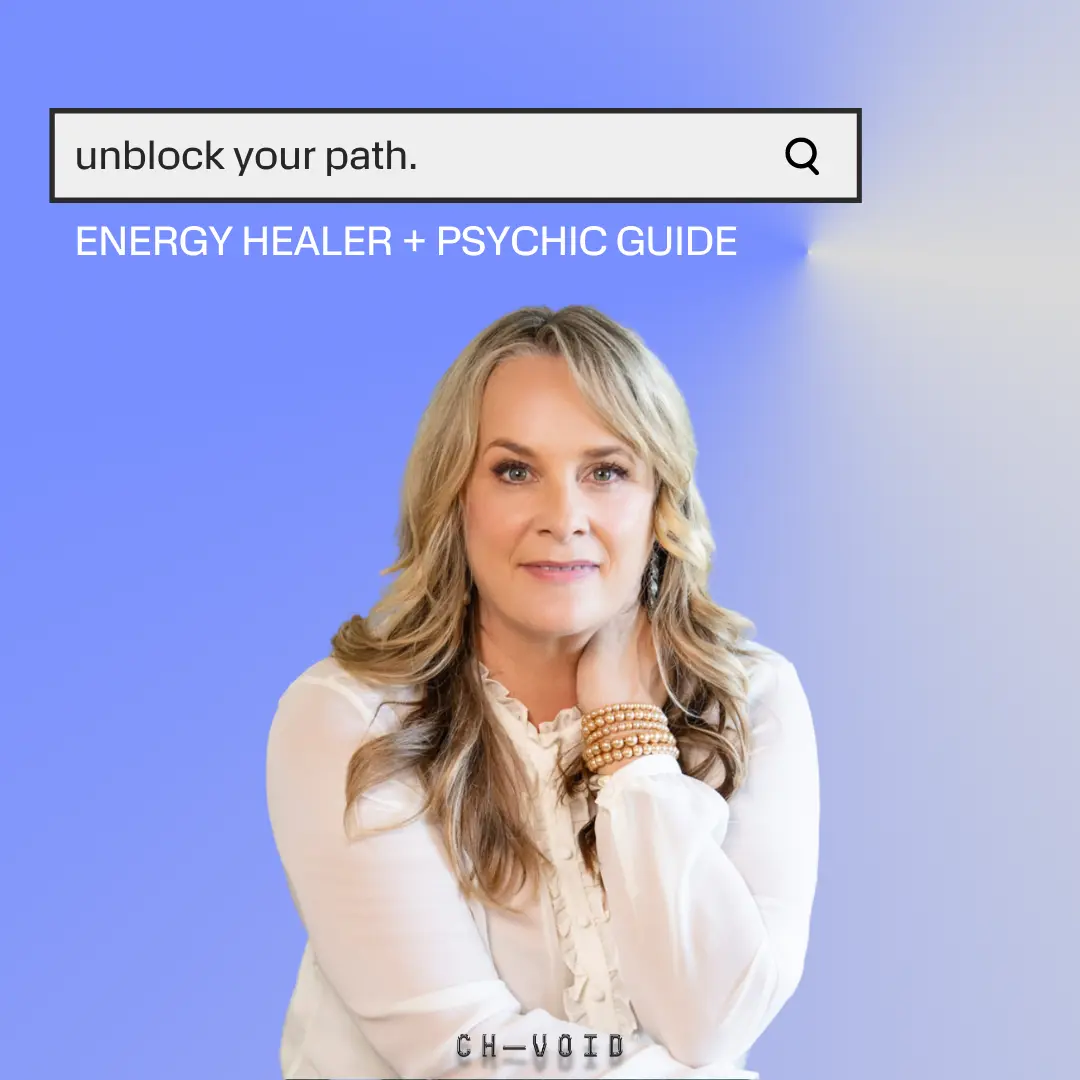The dark side
Delving into shadow work.
When it comes to inner work and self-improvement, one of the most important things we can do as humans is shadow work.
What the hell is shadow work? Well, we’re gonna get to that in a second, but the basic gist is that we all have a dark side and we can’t truly advance our souls without acknowledging that fact.
“In shadow work, we are speaking about the dark side of the mind. Not dark in the Judeo-Christian sense of bad or evil, but simply that which isn’t seen,” says Nigel Denning, psychologist and Director Mind Medicine Institute and Course Director for the Certificate in Psychedelic-Assisted Therapies.
“Called variously the unconscious or the subconscious, it is the repository of emotions, experiences, memories, culture, family patterns, all of which are obscured but which also impact on the function of our personality.”
“Parts of our personality that we would rather not acknowledge, like the spiteful child, or the angry bully, the trembling coward, parts that we do not like to acknowledge as they conflict with the view we have of ourselves dwell in the shadow, influencing us in ways that we do not quite understand,” Nigel adds.
It’s all about dealing with our past in order to stimulate healing, self-discovery, and perhaps even enlightenment.
THE ORIGINS OF SHADOW WORK
The concept of shadow work was coined by legendary Carl Jung, M.D., the Swiss Psychoanalyst and close collaborator of Sigmund Freud. Jung believed that your shadow self consists of the parts of yourself that you’ve learned to suppress and reject.
WHAT IS SHADOW WORK?
No matter who you are or what your past experiences include, everyone has a shadow self as it involves the inner workings of the unconscious mind. It’s the side of you that you suppressed as a child, but by stifling that part of you, it didn’t necessarily go away and, in fact, it’s very much still a part of you.
“It refers to working with all the aspects of the mind that are obscured or hidden from view,” Nigel tells us. “When we gaze up into the night sky we are often met by the glow of the moon. We see the brightness and the subtle contours and aspects of the moon’s surface if we look closely enough. We also understand that there is a dark side of the moon, hidden from our view but no less clearly there.”
For example, let’s say you were told to never raise your voice and throw tantrums as a child, over time you will have suppressed your anger and learned to pretend to be happy instead. Then as an adult, that suppressed anger will manifest itself in the form of your shadow personality.
“Many psychological problems emanate from the impact of the shadow on our ordinary waking consciousness,” Nigel adds. “Our hidden desires, our envies, our bitterness or anger, when not fully understood, not brought fully into awareness, can influence our reactions; our behaviours; our attitudes; and our relationships.”
If you experienced any form of trauma as a child and didn’t deal with it properly, the repercussions of that would also manifest as your shadow personality.
That’s why when you see a psychologist, they always ask about your childhood and get you to tap into certain memories and feelings that you may have forgotten about or buried. Because that’s the stuff that, unbeknownst to you, is impacting your adult life, from your feelings to your decisions to your anxiety levels.
WHY SHOULD WE DO SHADOW WORK?
In order to break old patterns and cycles, from self-sabotage to addiction, we must confront the reasons why we are led to that place to begin with. Shadow work can help us address the subconscious issues and behaviours that we’re yet to face.
“Shadow work is important because it raises the hidden into the light, the unknown into awareness,” Nigel says. “Whatever we do not understand can influence us in ways in which we are unaware.
“If I do not know I have a gift for music, I might spend a lifetime avoiding musical settings but not knowing why. I limit my choices in life without even understanding that I am doing it. If I am filled with rage but fear acknowledging it in case I lose control and become destructive, I might spend a lifetime avoiding conflict by avoiding close relationships or challenges in which the rage is stimulated. By exploring the shadow, we bring the unknown into the known.”
Through shadow work, you’ll learn to tackle these problems head-on and unlearn certain behaviours that we naturally fall towards, as a result of what’s been left unaddressed in our psyche.
For example, instead of hiding from our emotions, if that’s the way you’ve been conditioned to deal with pain, you’ll learn to face them head-on instead.
“The shadow may also contain great resources, parts or aspects that we fail to see or acknowledge, strengths, abilities or talents that may be hidden from us. The shadow is thus not a place of positivity or negativity, it is simply a place of the unseen.”
HOW DO WE DO SHADOW WORK?
Although there are many self-help books and digital strategies to assist with shadow work, the best way to undergo this, especially for beginners, is with the help of a trained therapist.
“Because we are dealing with aspects of ourselves that remain hidden, it is best that the works at least begins with someone who is trained to see into this part of ourselves,” Nigel explains.
“By therapeutic mirroring, the act of skilfully feeding back what is experienced and observed, by gentle amplification, the skill of developing and elucidating the unseen, we can quickly start to expand the cartography of our own minds. It is easier to enjoy a good bush walk with a clear map of the terrain, it is easier to relax into the environment if you know where you are going, so the guide in shadow work helps to map the terrain of the shadow.
“As we become more skilled and understanding, we can explore more independently. There is never a complete end to the shadow just like there is no complete end to the known universe. What is different in well-supported shadow work, is the sense of adventure in the exploration.”
And so by doing shadow work, “fear recedes and is replaced by open curiosity and reactivity is replaced with choice.”
USING PSYCHEDELICS IN SHADOW WORK
Mind Medicine Australia promotes research-backed medicinal therapies and as such, Nigel says his team has found that the use of psychedelics and empathogens can be used to access the shadow.
“These medicines, in differing ways, reduce the rigidity of our ordinary waking consciousness and allow access to the wide and disparate contents of the mind beyond awareness: sometimes referred to as the shadow,” Nigel tells us.
“Material breaks through, sometimes symbolic material, sometimes ancestral, sometimes personal and biographical, sometimes existential. With the use of these medicines, we open up to the vast extent of possibility. The work then becomes the way in which we ground these new insights and experiences, the way in which we integrate them into the always-changing effective narrative of self.
“This is a narrative that is not just a sequence of events, but events embedded in the felt sense: the highs and lows, the joys and sorrows, the love and the loss, the birth and death, the creativity and excitement of our always evolving story of who we are in this life.”
Research has shown that psychedelic-assisted therapy can help guide people through the contents of the shadow, navigating them beyond “the constraints of suffering and into a new realm of possibility; towards a richer and more meaningful and more integrated effective narrative of self.”
FINAL NOTE
“When we bring forth knowledge and understanding, we equally bring forth choice. We become more clear in the motivations for our actions and attitudes,” Nigel says.
“A person who actively works on their shadow comes to know themselves more deeply and more fully. They become aware of the foibles, the limits, the hidden talents that they possess.
“There are less surprises in life but also much greater access to creativity and to exploration. Life becomes an adventure because there is nothing about oneself that you are unwilling to explore or to engage.”





















